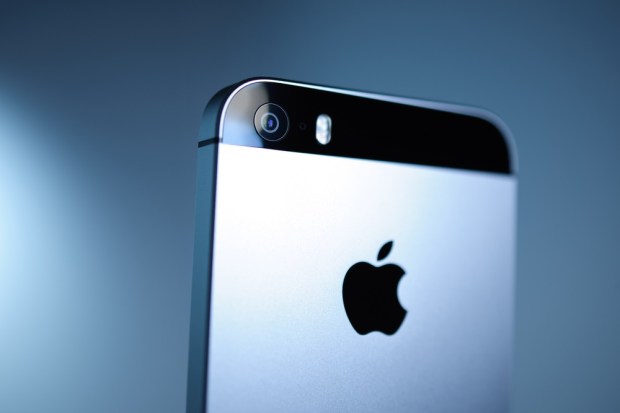Apple App Store Developers Make More Money Than Google Play Ones

Apple may be facing a slowdown in smartphone sales and struggling with adoption rates for Apple Pay, but when it comes to mobile apps, its developers still make more money than developers for Google’s App store. That’s according to App Annie, the mobile analytics firm.
In the second quarter of this year, the research found that Google Play had twice as many downloads as Apple did, but iOS developers, on average, made double the amount developers for Google Play did. The report found that China could have a lot to do with this phenomenon since it has become the largest market for mobile apps and games, overtaking the U.S.
“This quarter’s index brings a new leader to the iOS App Store’s Game category. China has climbed to the No. 1 spot, surpassing the U.S. (and Japan in Q1) which was previously leading the pack,” App Annie said in the report. “With the iOS Games category taking home about 75 percent of all revenue, China’s leap to the top is attributed to explosive growth for multiplayer collaborative games.”
According to App Annie, China generated nearly double the iOS App Store Games revenue during the second quarter than it had a year ago. What’s more, the huge growth in China was a big contributor to the overall success of games in the App Store during the second quarter. Games emerged as the No. 1 category in terms of market share growth in worldwide iOS revenue when comparing the second quarter of this year to last year’s second quarter.
“Accounting for roughly 75 percent of global iOS revenue, it is noteworthy that a category with such dominant share of revenue would still be able to grow enough to rank No. 1, and is a testament to China’s explosive growth,” the report said.
The news comes as the world is being swept away with the Pokémon Go craze, which has risen the fortunes of Nintendo and other companies along with it. Earlier this week a report surfaced in which an analyst estimated Apple’s piece of the Pokémon Go pie can amount to $3 billion, all from the cut it gets from in-app purchases.
